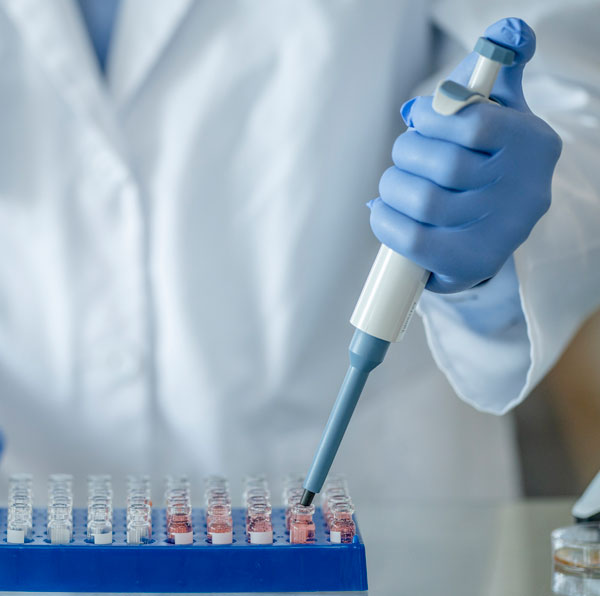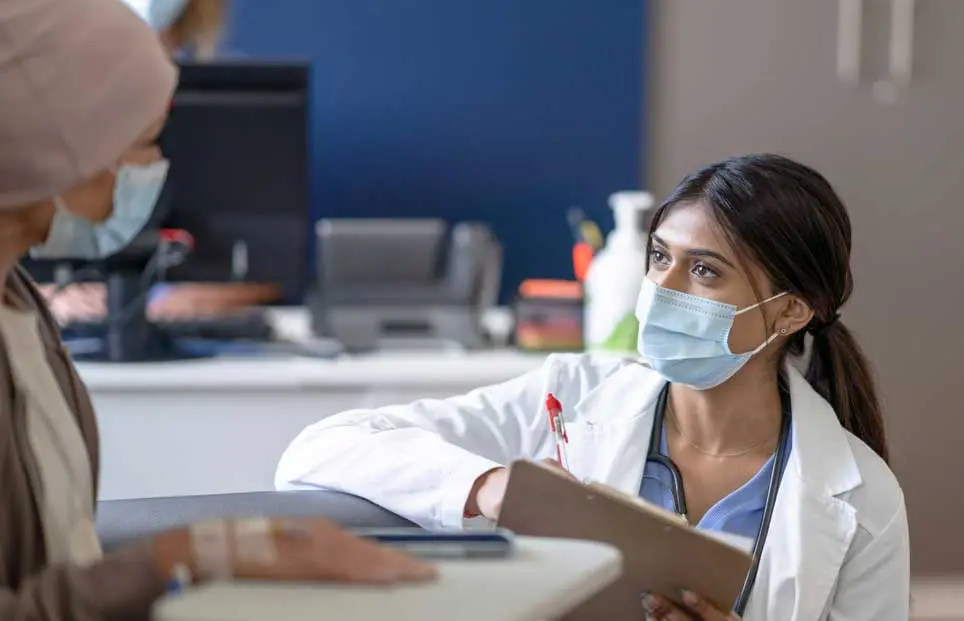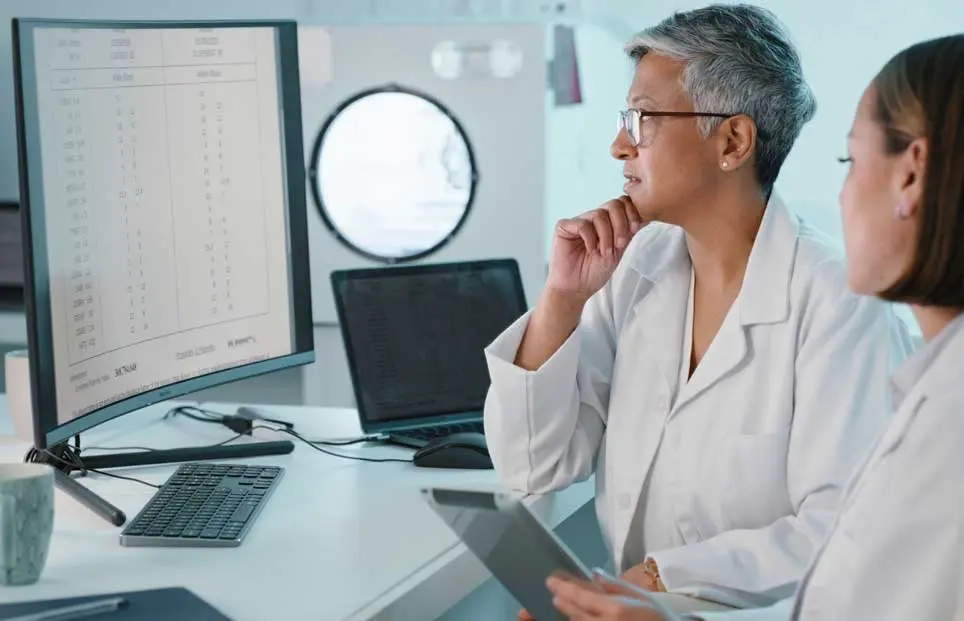
Kristin Kostka
Program Manager
Director of the OHDSI Center
Roux Institute
YOU ARE BOUVÉ

With the Master of Science in Real World Evidence (RWE) in Healthcare and Life Sciences you will gain all the knowledge and skills to produce important scientific and business results from real-world health data, such as electronic medical records and insurance claims.
Experts will teach you how epidemiologists, health services researchers, and health policymakers use real-world data (RWD) to produce reliable evidence in real-world settings.
You will explore hands-on how this research discipline creates a comprehensive understanding of disease, and learn about the complex methods and software to build that competence that directly impacts the future of healthcare.


The wide range of skills you will obtain are immediately deployable to highly sought-after positions at pharmaceutical companies, regulatory authorities, health systems, technology companies, and consulting groups specializing in life sciences and healthcare. This program is designed for healthcare and other professionals who are passionate about creating evidence that will change medicine and the lives of people.
The Master of Science in Real World Evidence in Healthcare and Life Sciences program draws on strong industry partnerships to provide experiential learning opportunities for students. During the program, you will work closely with Northeastern partners in the life sciences and healthcare industry in our Experiential Network (XN) to complete an in-depth capstone course. In addition, several experiential learning opportunities are leveraged throughout the program to ensure you are prepared for today’s challenges.
Degree: Real World Evidences in Healthcare and Life Sciences Master’s
Study options:
– Full-time or part-time
Campus: On-ground/online/hybrid
(On-ground Portland Campus, Maine)
Application deadline:
Aug 1, Fall
Dec 1, for Spring
GRE: Not required
F1: Eligible (Learn more)
To graduate students must complete 31 total semester hours (approximately 3 full-time semesters). These include:
To apply to the Master’s in Real World Evidence you will need the following:
A minimum GPA of 3.000
Completed application
Official or unofficial transcripts
2 letters of recommendation
Please reach out to us.
Learn more about Northeastern’s Real-World Evidence research community at:



There are several positive learning outcomes that graduates of the Master in Real World Evidence in Healthcare and Life Sciences program can expect. These benefits include:
View the MS in Real World Evidence in Healthcare and Life Sciences course descriptions.

Program Manager
Director of the OHDSI Center
Roux Institute
Real world evidence (RWE) is the clinical evidence regarding the usage and potential benefits or risks of a medical product derived from analysis of real-world data (RWD). These findings are generated by various studies and analyses such as randomized trials, pragmatic trials, and observational studies.
Real-world data (RWD) refers to the collection of data about a patient’s health status or routine healthcare delivery collected from a variety of sources including electronic health records (EHRs), healthcare claims, and health facility billing activities.
The hiring market for RWE-related skills is strong, particularly in the United States, where there were over 85,000 job postings related to RWE from December 2020 to November 2021 (Source: Emsi Knowledge Base, 2021).
Real-world evidence is on the rise, and its growth comes with rapid change. At the intersection of data analysis, research, and strategic planning, RWE is influenced by multiple factors that are quickly accelerating the evolution of the field. Despite the value in experience, specialized real-world evidence education is the best way to account for all three of these influencing factors. Here are a few reasons why your current job experience often isn’t enough:
The RWE industry is modernizing, creating new methods and tools that professionals need expertise in. While experience is helpful in learning these new methods, a degree program ensures that you learn the full scope of existing methods on top of how to adapt to future modernization.
The federal government has recently started investing more money into RWE, which has resulted in a rise in regulatory and standardization changes that professionals need to understand to remain agile in the field. A degree program is the best place to learn about the government’s role in the industry and how this stakeholder influences its future.
RWE professionals who feel they are being left behind in the field, despite their years of experience, often earn a real-world evidence degree to fill their industry gaps. This degree equips professionals with all the latest tools and methods necessary to succeed in the field and shows them how to facilitate projects, what policies to adhere to, and how to create and interpret RWE models.
Some of the most common careers in real-world evidence include:
While there’s an abundance of industries that need real-world evidence, it’s important to note that not all real-world evidence professionals are referred to as such.
Some of the most common career paths you can follow with this degree also include: